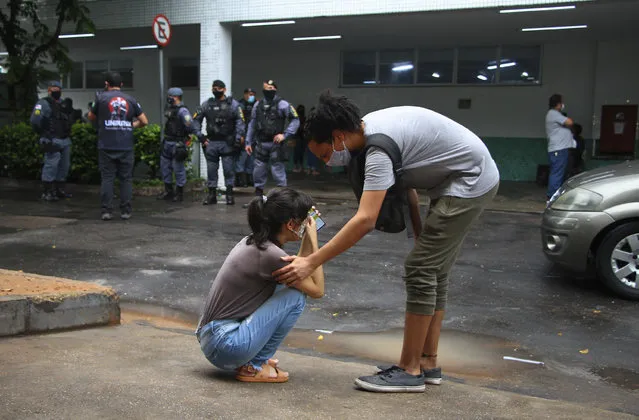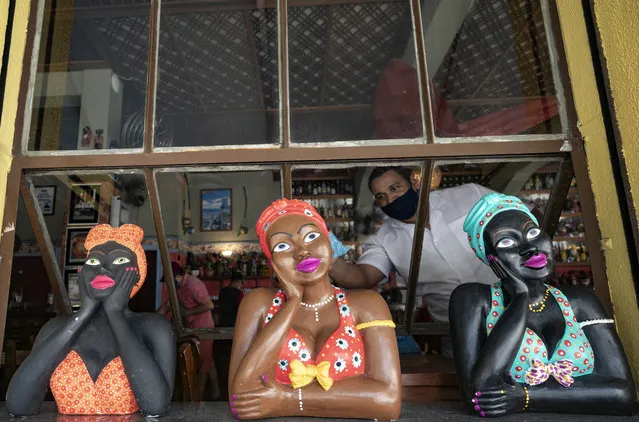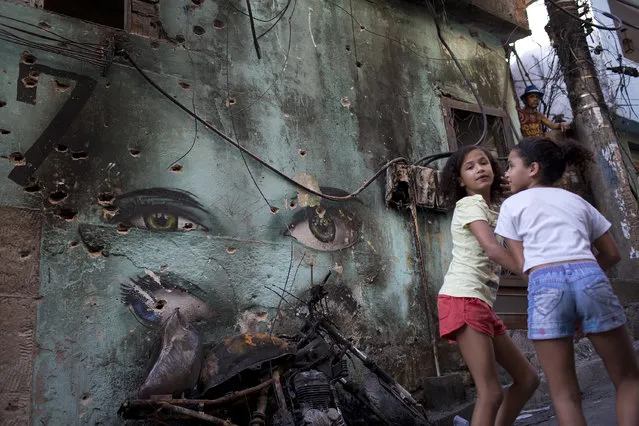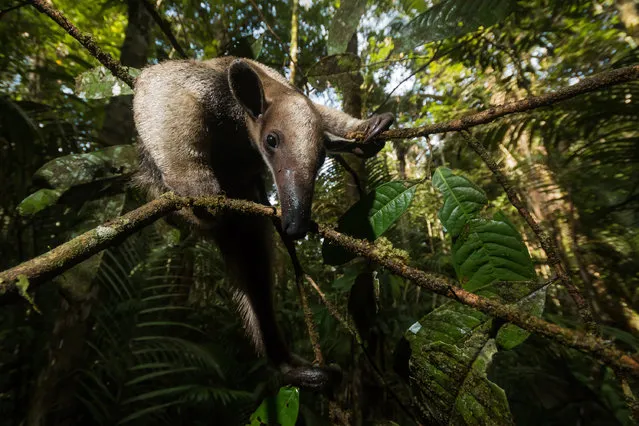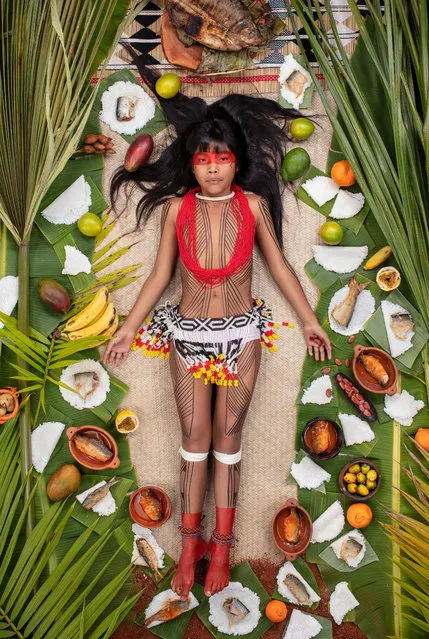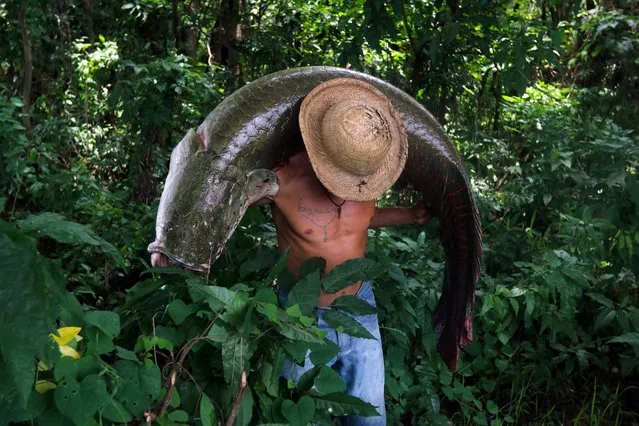
France's defender #07 Sakina Karchaoui (L) and France's forward #11 Kadidiatou Diani (R) celebrate their win at the end of the Australia and New Zealand 2023 Women's World Cup Group F football match between France and Brazil at Brisbane Stadium in Brisbane on July 29, 2023. (Photo by Dan Peled/Reuters)
09 Aug 2023 00:18:00,post received
0 comments

